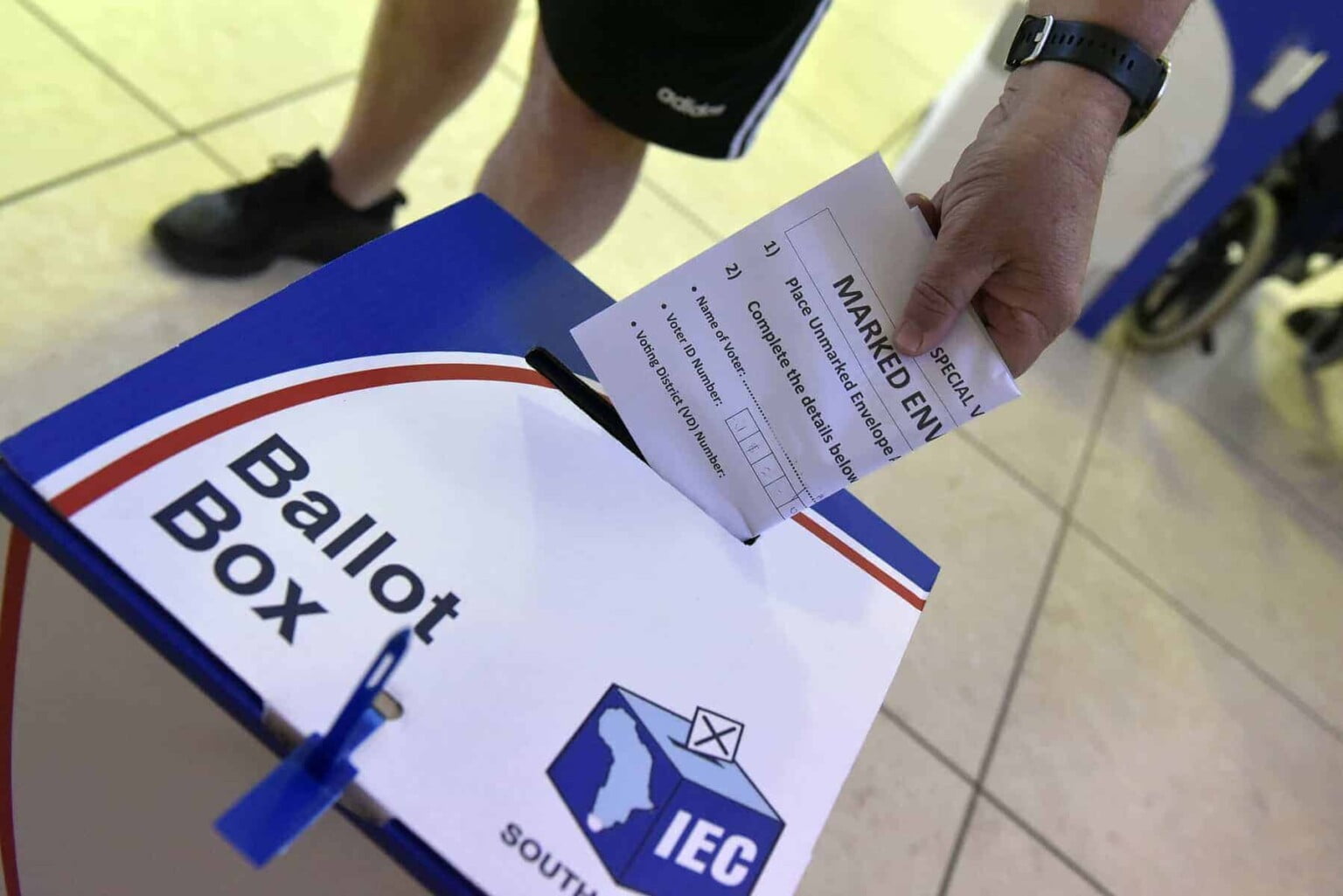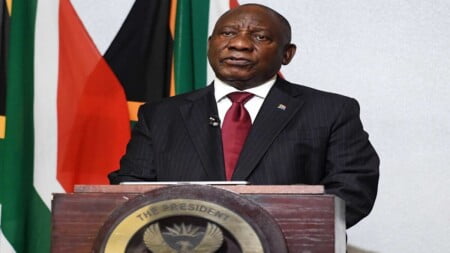The 2024 Election has been a pivotal moment in South Africa’s democratic history. With a diverse population, understanding voter turnout and demographics provides essential insights into the country’s political landscape.
This article explores the various factors that influenced voter participation, the demographic trends observed, and the implications for South Africa’s future.
2024 Election Voter Turnout Insights
In the 2024 Election, South Africa saw a voter turnout of 68%, a slight increase from the 2019 election. This increase can be attributed to several factors, including heightened political awareness, effective voter education campaigns, and the impact of socio-economic issues on the electorate’s motivation to vote.
Related: Can I Vote if I…? Your Last-Minute Election Day Checklist for 2024
Factors Influencing Voter Turnout
Several key factors influenced voter turnout in the 2024 Election:
- Political Campaigns: Vigorous campaigning by political parties, particularly through social media and community outreach programs, played a significant role in mobilizing voters. Parties focused on addressing pressing issues such as unemployment, crime, and corruption, which resonated with the electorate.
- Voter Education: Various organizations, including the Independent Electoral Commission (IEC), conducted extensive voter education campaigns to inform citizens about the importance of voting and the electoral process. These efforts were particularly effective in rural and underserved areas.
- Socio-Economic Conditions: High levels of unemployment and economic disparity motivated many South Africans to participate in the election, hoping for a change in leadership that could address these issues. The COVID-19 pandemic also highlighted the need for effective governance, influencing voter turnout.
- Youth Participation: The youth demographic, comprising individuals aged 18-35, showed a marked increase in voter turnout during the 2024 Election. This was driven by a growing sense of political consciousness and the use of digital platforms to engage young voters.
Demographic Trends
Analyzing demographic trends provides a deeper understanding of voter behavior and preferences. The 2024 Election revealed several notable trends:
Age
- Youth (18-35 years): The youth turnout was significantly higher compared to previous elections. Young voters were driven by issues such as education, employment opportunities, and climate change. Social media campaigns and youth-led movements also played a crucial role in mobilizing this demographic.
- Middle-aged (36-59 years): This group remained the most consistent in voter turnout, reflecting their vested interest in economic stability, healthcare, and security. Many in this demographic are working professionals or heads of households, making them keenly aware of policy impacts on their daily lives.
- Senior Citizens (60+ years): Senior citizens continued to show strong voter participation, motivated by concerns about pensions, healthcare, and social security. This demographic tends to favor stability and experienced leadership.
Gender
- Women: Women’s turnout in the 2024 Election was slightly higher than men’s, driven by issues such as gender equality, healthcare, and safety. Women’s organizations and advocacy groups played a significant role in encouraging female voter participation.
- Men: Men’s voter turnout remained robust, influenced by concerns about employment, crime, and economic policies.
Location
- Urban Areas: Urban voters was high during the 2024 Election, reflecting the concentration of political activities, better access to information, and the impact of urban issues such as housing, public transport, and infrastructure.
- Rural Areas: While rural voter turnout showed improvement due to targeted voter education campaigns, challenges such as access to polling stations and political disengagement remained. Rural voters were primarily concerned with agricultural policies, land reform, and basic service delivery.
Ethnicity
South Africa’s diverse ethnic composition also influenced voting patterns in the 2024 Election:
- Black South Africans: As the largest demographic group, black South Africans showed strong voter turnout, influenced by issues such as land reform, economic empowerment, and social justice.
- Coloured and Indian South Africans: These groups showed moderate voter turnout, with concerns centered around economic opportunities, education, and community safety.
- White South Africans: White voter turnout remained consistent, driven by interests in economic policies, business stability, and property rights.
Implications for the Future
The 2024 Election has several implications for South Africa’s political landscape:
- Youth Engagement: The increased participation of young voters highlights the need for political parties to address issues relevant to this demographic. Youth engagement will likely shape future elections, emphasizing the importance of digital campaigns and youth-friendly policies.
- Voter Education: Continued voter education is essential to ensure informed and engaged citizens. Organizations must focus on reaching underserved communities and addressing barriers to participation.
- Economic Policies: The prominence of economic issues in influencing voter turnout indicates that future governments must prioritize economic stability, job creation, and poverty alleviation to maintain public support.
- Diverse Representation: The varied demographic turnout underscores the importance of inclusive representation in government. Policies must reflect the needs of all demographic groups to ensure equitable development.
- Technological Integration: The use of technology in campaigns and voter engagement will continue to grow. Political parties and the IEC must leverage digital tools to enhance voter participation and streamline the electoral process.
Read More: List of Voting Stations for 2024 Elections
The 2024 Election in South Africa has highlighted the dynamic interplay between voter turnout and demographics. Understanding these trends is crucial for fostering a healthy democracy and addressing the needs of a diverse population.
As South Africa moves forward, the lessons learned from this election will shape the strategies of political parties and policymakers, ensuring that the voices of all citizens are heard and represented.
The 2024 General Election in South Africa has highlighted the dynamic interplay between voter turnout and demographics. Understanding these trends is crucial for fostering a healthy democracy and addressing the needs of a diverse population. As South Africa moves forward, the lessons learned from this election will shape the strategies of political parties and policymakers, ensuring that the voices of all citizens are heard and represented.










